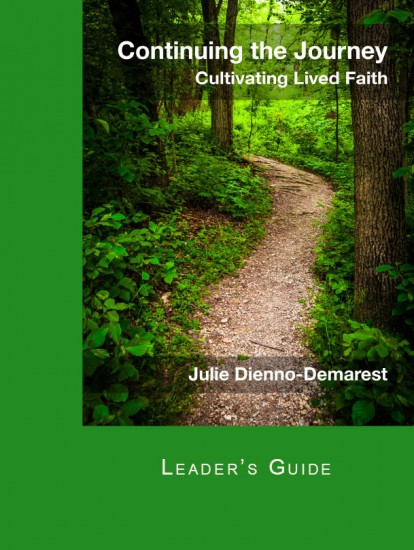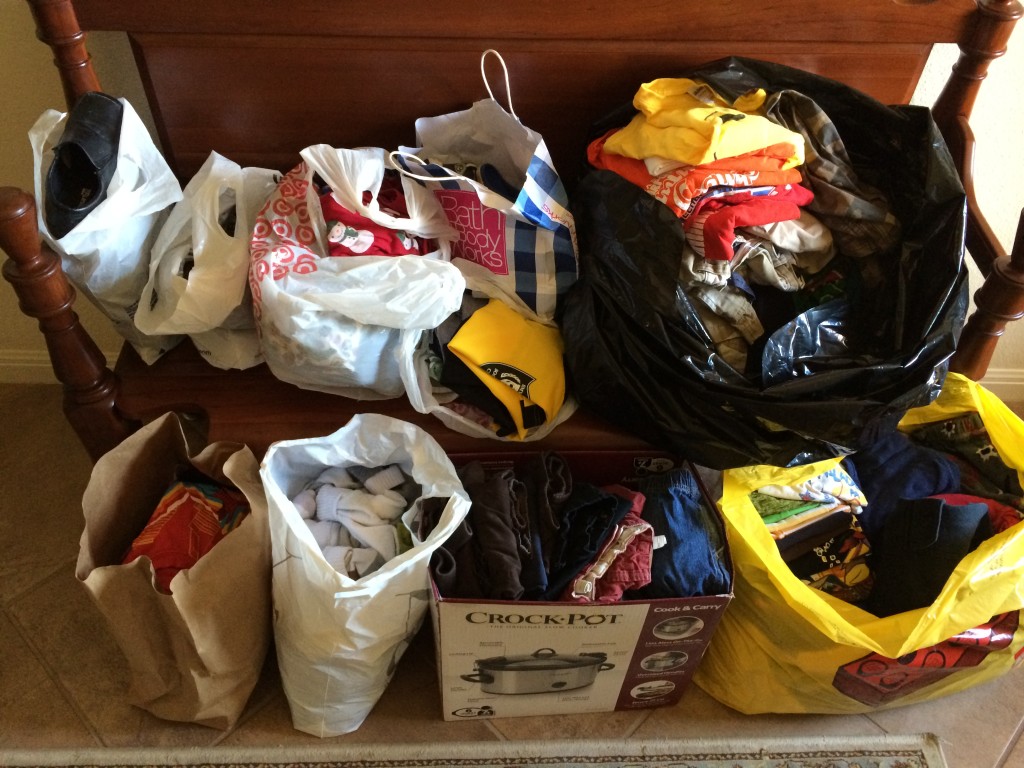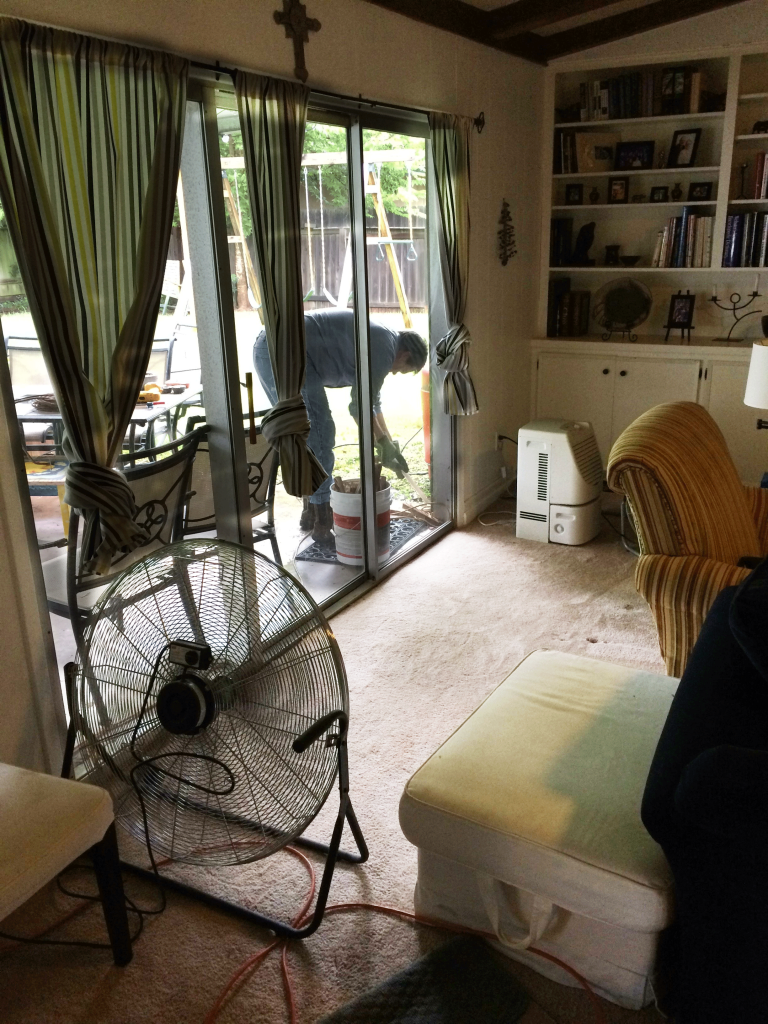5 Keys for Effective Faith Sharing Groups
Adults crave quality connections with other adults, where we can have good conversations about the things in life that really matter.
For a variety of reasons, we don’t always have the opportunity to do this; to have these quality connections and conversations. Our schedules become busy with kids, work, commitments, activities, sports, responsibilities, and so on. We often find ourselves socializing with the people who keep similar schedules in similar spaces. We talk about the things we do or the things we see, but not always what’s going on inside our hearts.
Sharing the yearnings of our hearts–our hopes and dreams, our joys and sorrows, our brokenness in pain and suffering–takes trust, vulnerability, and love.
Trust, vulnerability, and love aren’t characteristics easily found in today’s impersonal, fast paced, technology dependent world.
Yet trust, vulnerability, and love are at the heart of true spirituality, discipleship, and Christian community. Or at least, that’s what Jesus had intended, that’s what St. Paul wrote about, and that’s what Acts of the Apostles describes.
The experience of quality conversations and connections is invigorating; these moments fill our hearts with love, peace, and joy. When the topics touch upon spirituality, discipleship, and Christian living, these conversations are evangelizing–kindling our passion for God.
So when, and where, and how can we find quality connections and quality conversations with other adults? In today’s Church, we can certainly find this within small faith sharing groups.
My last post explained what a small faith sharing group is. This post begins with a vision for what kind of experience we want (quality conversations and connections) and will focus on How to implement small faith sharing groups.
Five Keys For Small Faith Sharing Groups
Just because you get a group of people together and give them a topic does not mean you’ll get these fantastic evangelizing conversations and quality connections. Have you ever been part of a never-ending meeting that goes nowhere? Or one that devolves into either a therapy session or venting and complaining?
Beyond the logistics of who, where, when (and what to discuss), there needs to be a great deal of attention dedicated to how. I suggest Five Key C’s to cultivating evangelizing conversations and quality connections:
- Confidentiality – the atmosphere of the small faith sharing group needs to be one of trust, vulnerability, and love. Whatever is shared in these conversations must not be repeated in any other context. This is a confidentiality based in agapic-love, willing of another’s good… the only exception to confidentiality is if someone’s life is in danger. Care and concern for the well-being of another always takes precedence when someone’s life is in danger.
- Conversation – participants enter into small faith sharing groups with the expectation of conversation. Good conversations extend from mutual respect. To get to a place of mutual respect, sometimes “ground rules” need to be made explicit, such as:
- encourage laughter and joy… but never at the expense of another.
- express concern for one another… but not by offering advice, criticism, or judgment of others.
- recognize and validate emotions… but resist the temptation to counsel, advise, or solve problems (unless specifically asked for).
- honor one another’s time with both brevity (when sharing) and patience (when listening).
- Coordination through Facilitators – a good facilitator is a good listener and servant/leader. More than a host or a coordinator that plans the meetings, a good facilitator knows how to:
- invite everyone’s participation in the conversation… but not force it; no one has an obligation to share. Some folks are natural talkers who easily share; others are introverts that need time to think and process. A facilitator’s job is to prevent “conversation ball-hogs” by making sure that everyone has a chance to speak and contribute.
- be patient as participants share their stories… but also be attentive to staying focused on the discussion topic and keeping the discussion within the time allotted.
- Conversion and Application to Life – it is easier to talk critical analysis–what you think about a topic–than it is to consider how the material applies to your life. It’s easier to talk about concepts or other people’s stories than it is to consider how the wisdom of Scripture and Tradition is personally calling you to conversion in your own life. Faith sharing group discussions are concerned with:
- How you currently experience [the topic] in your life – whether with success or struggles.
- Ways in which you feel [the topic] is calling you to live your faith differently or better… a call to action of sorts.
- Centered on Prayer – Faith sharing groups always need to be centered on our Life-giving, Loving God. We need to remember to:
- begin by inviting the Holy Spirit into the discussion.
- choose discussion material that helps us focus on how the wisdom of the Christian Tradition applies to our lives today.
- pray over, for, with our brothers and sisters in Christ who are struggling through difficult times… even if it is in the middle of the discussion.
- end with a prayer of thanksgiving and/or petition.
One last thing to keep in mind when working with adults in a faith sharing group setting: busy adults don’t always have the time to read and prepare. Or sometimes they do read and prepare, but then time passes, life happens, and they forget. In a classroom setting, it makes sense to emphasize coming to class prepared. In a faith sharing group, the focus is on evangelization; quality connections and conversation about faith and life.
To help adults focus their conversation, it’s always a good idea to offer a summary that reminds participants about the key points in the material before opening the discussion.
Faith Sharing with Continuing the Journey
You know what material easily lends itself to small faith sharing group discussion? That’s right! My book, Continuing the Journey: Cultivating Lived Faith.
Even more, you know what will help with the Five Key C’s of cultivating evangelizing conversations and quality connections? My brand new Leader’s Guide.

I believe so strongly in the value of small faith sharing groups that I am offering the Leader’s Guide as either a free PDF (click here), or a hard copy can be mailed to you for $5.99 with free Prime Shipping through Amazon.
Note: all Amazon links include my affiliate link, which means Amazon gives me a couple of extra pennies from your purchase.
Go forth and share your faith! And let me know if I can be of any help in the process. In addition to these resources, I am available to offer trainings and workshops for small faith sharing group facilitators. Just email me!
Blessings and peace as you continue your journey!










 Within moments of texting each request, different friends responded telling me they had what I needed. Within 90 minutes of discovering the flooding, I had everything I needed to fix the problem, including a neighbor who came over to help my husband snake the exterior drain–all without spending a dime.
Within moments of texting each request, different friends responded telling me they had what I needed. Within 90 minutes of discovering the flooding, I had everything I needed to fix the problem, including a neighbor who came over to help my husband snake the exterior drain–all without spending a dime.